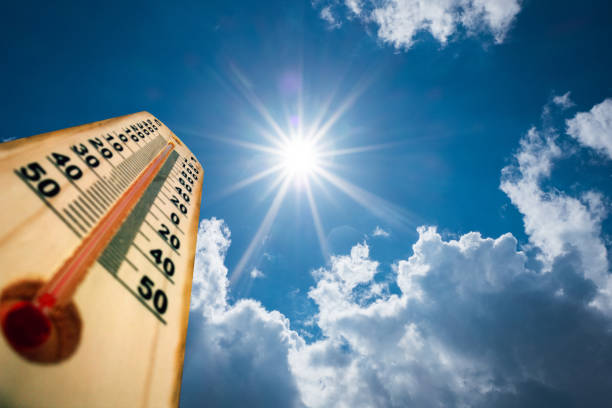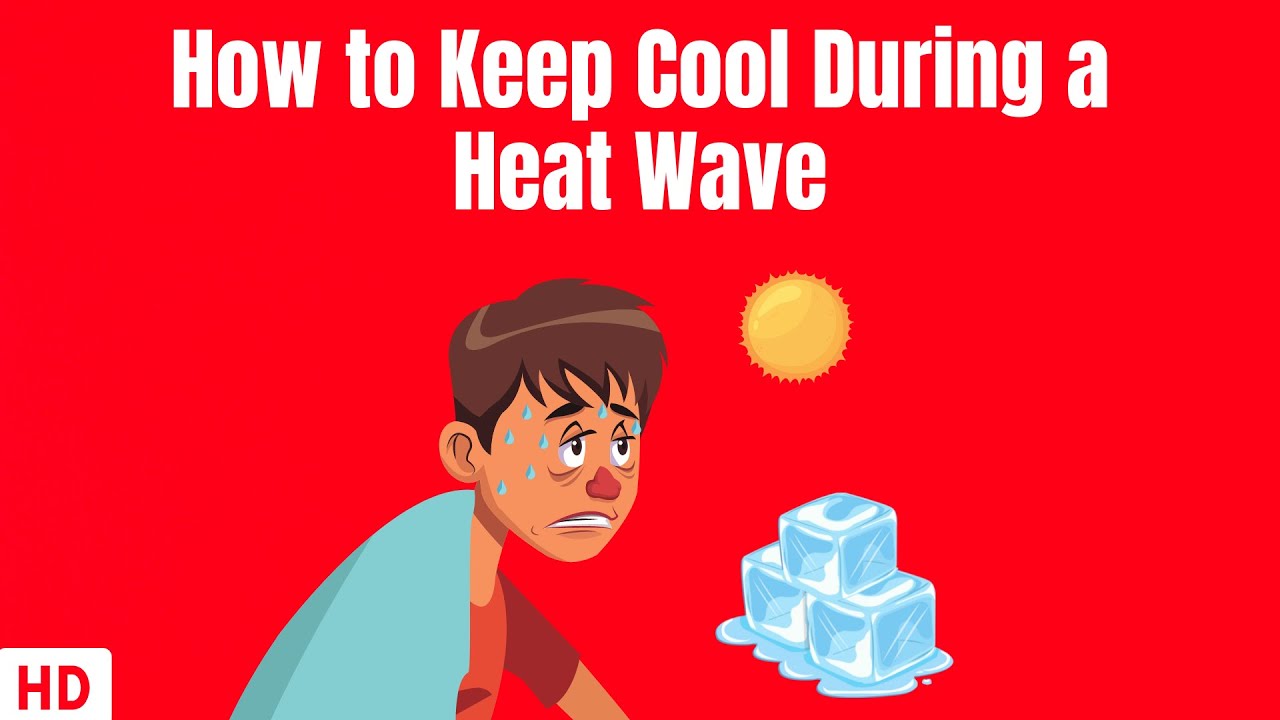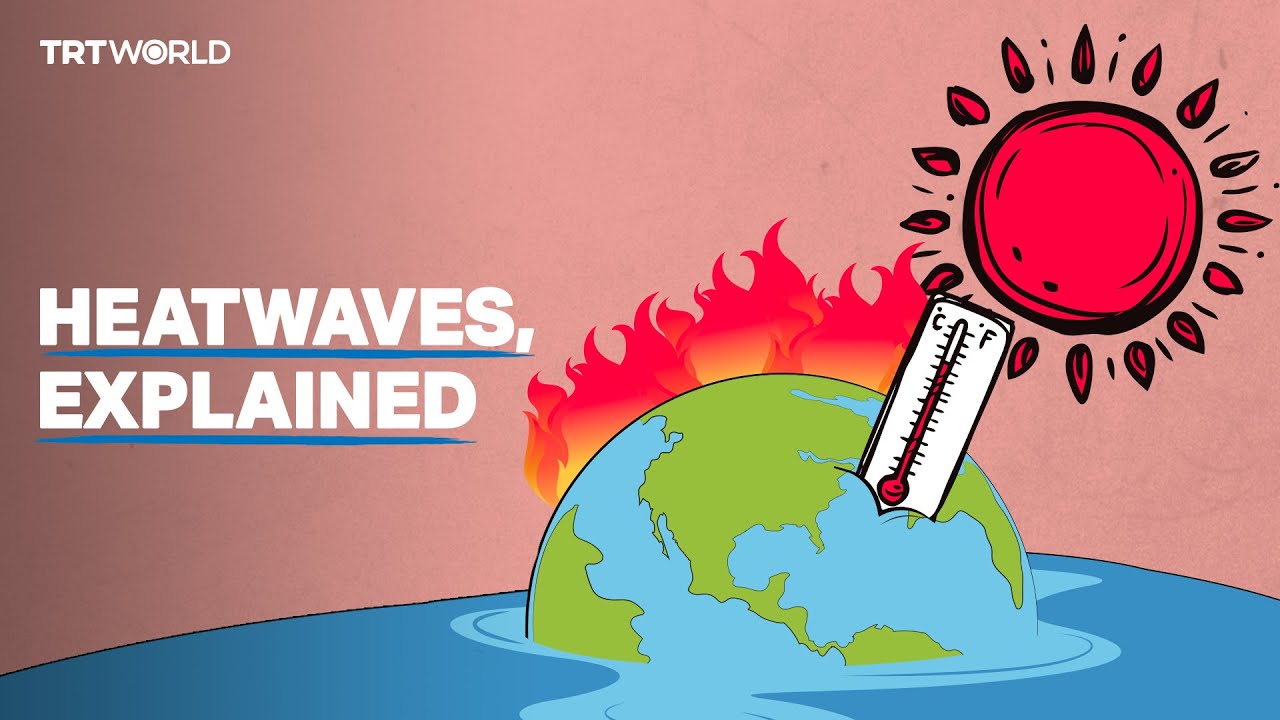HOW TO COPE WITH A HEAT WAVE

What is a heat wave?
A heat wave is a period of abnormally hot weather generally lasting more than two days. Heat waves can occur with or without high humidity. They have potential to cover a large area, exposing a high number of people to hazardous heat.
What causes heat waves?
Heat waves form when a high-pressure area in the upper atmosphere strengthens and remains over a region for several days up to several weeks. This traps heat near the earth's surface. It is usually possible to detect heat waves by using forecasting instruments.
What happens to people in a heat wave?
Exposure to heat causes serious and potentially fatal health problems such as heat exhaustion and heatstroke (which can cause fainting), trigger sudden events like heart attack or stroke, or worsen existing medical conditions like kidney or lung disease..
What measures should you take to stay safe during a heat wave?
- Drink sufficient water and as often as possible, even if not thirsty.
- Eat servings of fruits and vegetables.
- Wear lightweight, light-coloured, loose, and porous cotton clothes.
- Keep cool: use air conditioning or a fan.
- Use protective goggles, umbrella/hat, shoes or chappals while going out in sun.
- Avoid strenuous activities when the outside temperature is high.
- If you must work outdoors, schedule tasks earlier or later in the day.
- Keep your skin wet using a spray bottle or damp sponge.
- Soak a towel in cool tap water and wrap it loosely around your head.
- Wrap ice cubes in a damp towel and drape around your neck.
- Take cool showers or baths.
- Use blinds or curtains to block sun from shining directly through windows.
- Check in with others. Let family, friends and neighbours know you are OK or check in with those at increased risk or who may need your support during days of extreme heat.
- Plan ahead and ensure that you stock up on food, water and medicines, ensure you have a torch, battery-operated radio, fully charged mobile phone or battery back-up, food items that don’t require refrigeration, medications, plenty of drinking water and other essential items. Have a cool-box available to store ice or cool packs with medications.
- Never leave a child or pet alone in a car, even if it's not that hot outside.
https://www.saintsofyahawah.org/health-wellness-and-survival-1/do-it-yourself-electrolytes
What are the signs of heat exhaustion?
The signs of heat exhaustion include:
- dehydration
- tiredness
- dizziness and or fainting
- headache
- feeling sick or being sick
- excessive sweating and skin becoming pale and clammy or getting a heat rash, but a change in skin colour can be harder to see on brown and black skin
- cramps in the arms, legs and stomach
- heat edema
- fast breathing or heartbeat
- a high temperature
- heat rash
- weakness
- lower blood pressure
- confusion




